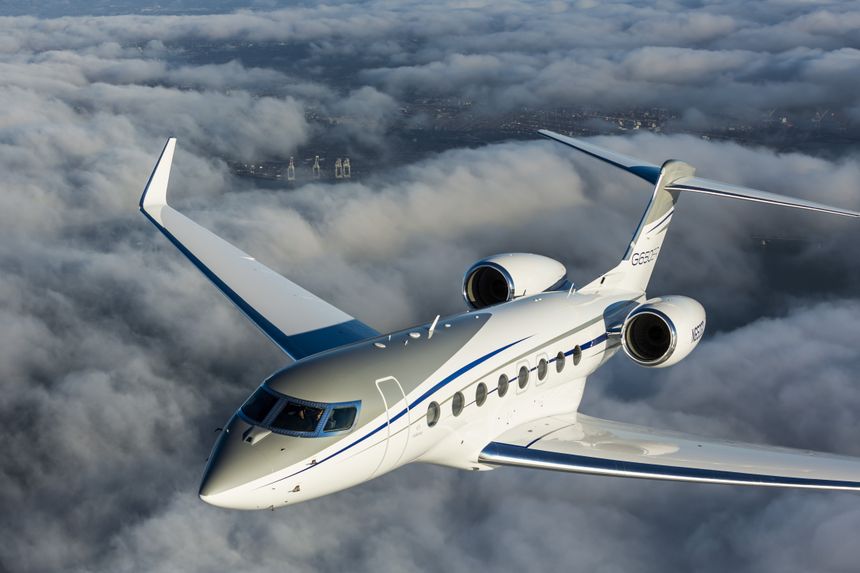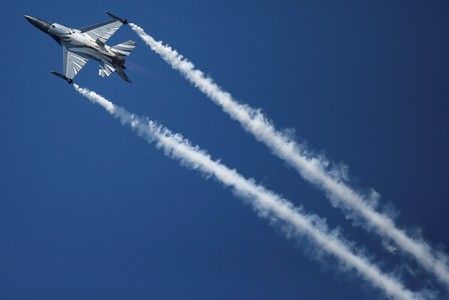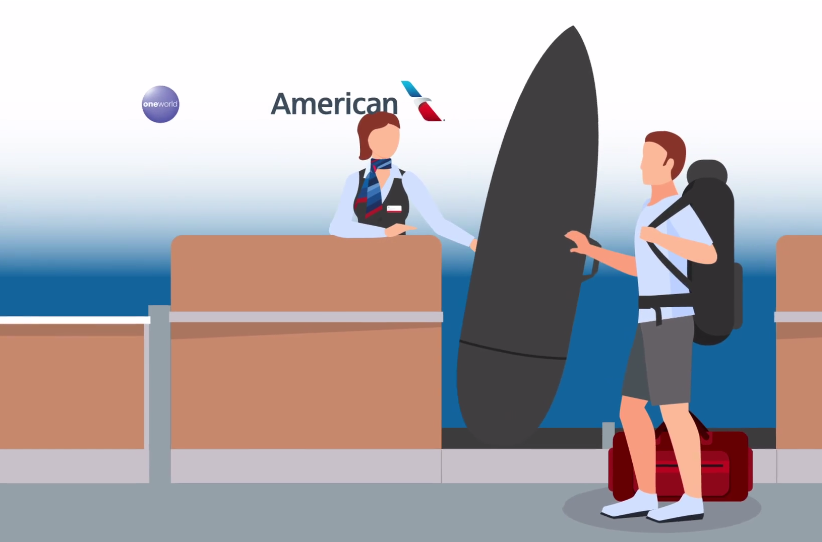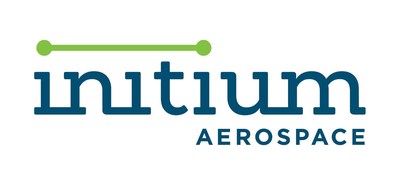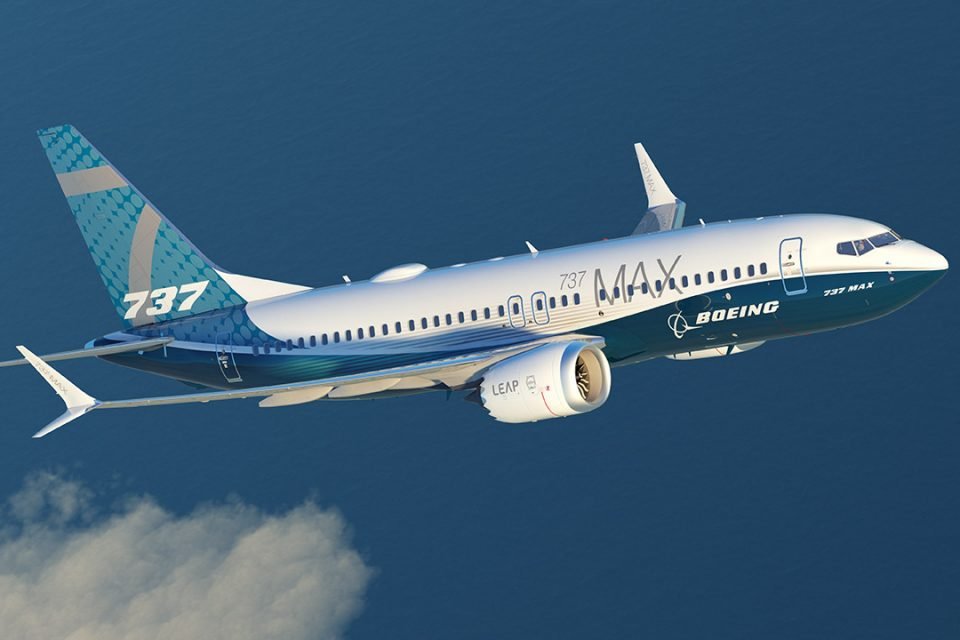
MD Helicopters, Inc. (MDHI) announces its participation in the 2019 Airborne Public Safety Aviation Convention (APSCON), July 17-19, 2019 at the CHI Health Center, Omaha, NE. The MDHI display will feature a company-owned MD 530F configured with the type-certified Block 1 all-glass cockpit, newly designed side mounts, and critical vision mission equipment from Trakka Systems. The MD 530F on display is one of two MDHI research and development assets dedicated to ensuring technological and performance improvements for the iconic 369FF airframe.
“Continuous improvements, innovation, and service to airborne law enforcement and public safety operations have been at the core of MD Helicopters’ business for more than 50 years,” said Lynn Tilton, Chief Executive Officer for MD Helicopters, Inc. “Through investment in product design and internal research, development and testing, we are able to deliver next generation capabilities that improve performance, reduce pilot workload, and ensure that reliability, affordability and optimal operational readiness remain hallmarks of the MDHI brand for the next 50 years and beyond.”
Current MDHI customers and interested operators who visit the MDHI booth at the 2019 Airborne Public Safety Aviation Convention (APSCON), will be able to learn more about the following offerings:
Certified Glass Cockpits
MDHI has type-certified for production, and as a type-design option, advanced, all-glass cockpits for the MD 530F and the MD 600N. Certification efforts are ongoing for the company’s other single-engine models. The Block 1 glass cockpit for the MD 530F single-engine helicopter features:
- Howell Instruments Electronic Engine Instruments and Crew Alert System (EICAS)
- Garmin G500[H] TXi Electronic Flight Instruments (EFIS) with Touchscreen GDU 700P PFD/MFD
- Garmin GTN 650 Touchscreen NAV/COM/GPS
- Optional L-3 ESI 500 Electronic Standby Instrument

Advanced Mission Equipment Installation
In order to accommodate installation of the widest range of mission critical vision technologies, MD Helicopters designed and is currently certifying innovative new side mounts that will allow effortless integration of critical EO/IR and searchlight equipment. The mounts are purpose-built to support law enforcement-preferred left-hand command configurations for vision solutions.
On display at the MDHI booth, #1001, are EO/IR and Searchlight solutions from TRAKKA Systems.
- TrakkaBeam® TLX
- TC-300 high performance multi-sensor surveillance system
Aftermarket & Customer Support Programs
The MD Helicopters Aftermarket and Customer Support teams continue to focus on innovation and responsiveness. Both the easy-to-use MyMD.aero customer portal and the Aftermarket Center of Excellence (ACE) have played integral roles in ensuring optimal operational readiness for the global fleet of MDHI-brand helicopters.
Demo Flights
MDHI has limited availability for demo flights while in Omaha. Interested organizations with current acquisition plans can request a demo flight either prior to show open (July 14 or 15), or immediately following the close of APSCON 2019 (July 19 or 20). Request should be submitted through your MDHI Business Development Director.
“We have great respect for our law enforcement operators, the job they do and the sacrifices they make each and every day, and it is for them that we remain focused on manufacturing the best helicopters with the most advanced, most affordable, most capable systems available.”

